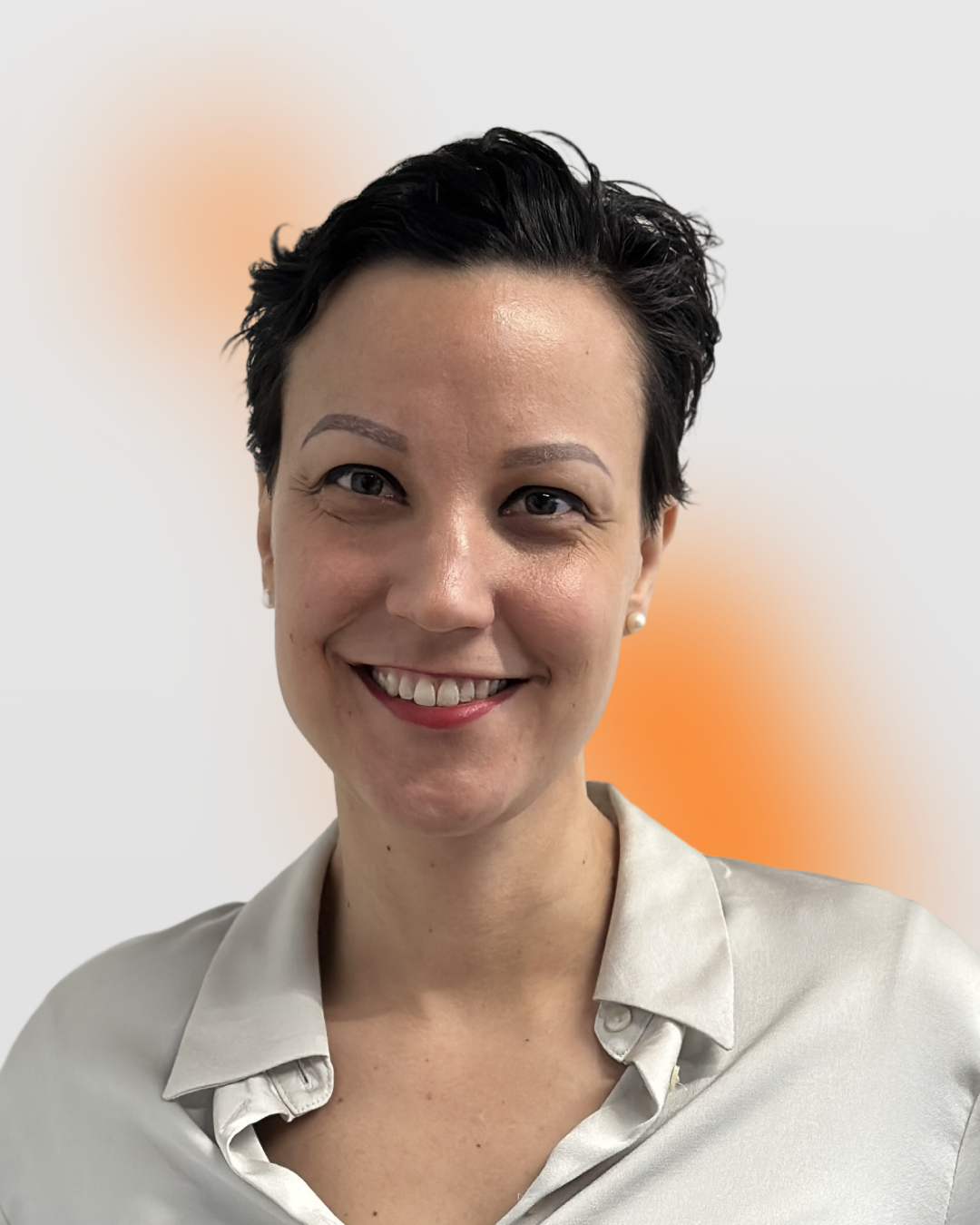Dina Zielinski
Aging is a universal human condition, defined by a decline in physiological function and a rising risk of chronic disease. While we are living longer than ever before, we are not necessarily living healthier. There is an imperative to shift the healthcare paradigm from simply treating age-related illnesses to preventing them, to extend the period of life spent in good health, free from diseases like cancer, diabetes, and neurodegeneration. AI is poised to overcome significant barriers, from the sheer complexity of biology to the overwhelming volume of data in ways previously unimaginable. We will examine how AI-driven approaches, from analyzing epigenetic clocks to accelerating biomarker and drug discovery, are making proactive prevention a tangible reality. But this new potential raises critical questions: How can we accurately measure biological, not just chronological, age? What can organ-specific aging clocks tell us about our health? When will these tools be ready for clinical use? How significant is the role of lifestyle in slowing our biological clocks? And as we explore interventions that could modify our epigenomes, what are the ethical implications of attempting to reprogram our biology?
Dina is a molecular and computational biologist, and avid science communicator. Her TEDx Talk has reached over two million viewers across the world. She completed a joint PhD in genomics through Sorbonne Université and Harvard Medical School. She was part of the Columbia University/New York Genome Center research team that, in 2017, demonstrated how digital files could be encoded and stored in synthetic DNA. Her experience as both a biomedical scientist and early onset breast cancer patient has profoundly shaped her understanding of human health and disease. She is a principal scientist at WhiteLab Genomics, a techbio that aims to accelerate the development of genomic medicines.

Meet
Dina
at TEDAI
The exclusive TED Conference in Europe, dedicated to Artificial Intelligence.


